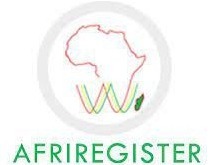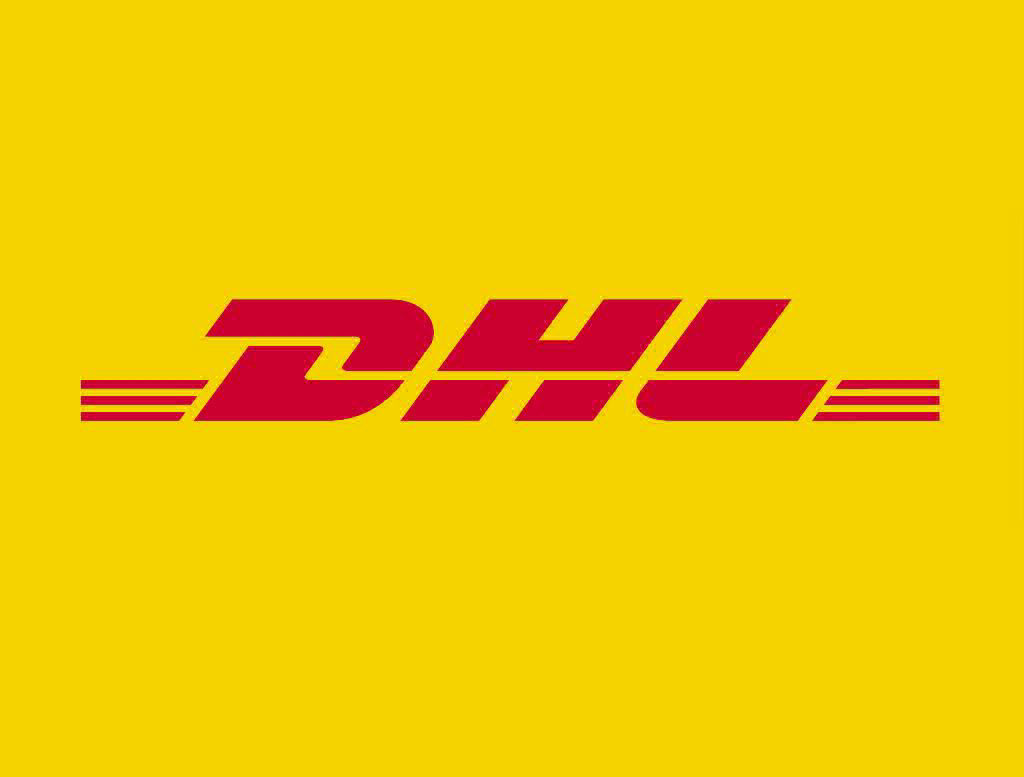Marketplaces owners
This group brings together marketplace owners who are collectively committed to providing reliable and accessible services in accordance with national regulations, international standards, and the specific conditions of the local environment.
These marketplace operators are in the process of updating their platforms to comply with the technical and operational standards set forth in the Practical Guide for the National eCommerce Ecosystem.
In a joint effort to optimize market efficiency and user experience, they have agreed to coordinate their activities by segmenting the eCommerce landscape, with each platform focusing on a specific market sector. This specialization is intended to foster the emergence of a unified national eCommerce gateway, offering streamlined access to all platforms.
Five local pioneering companies are currently actives.
>>>> See the list of stakeholders involved








